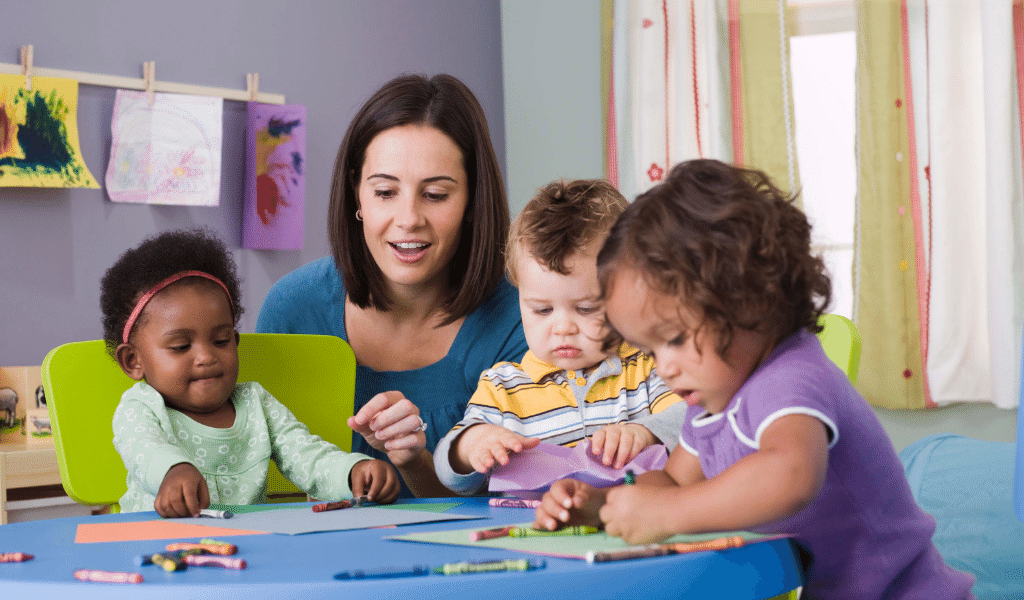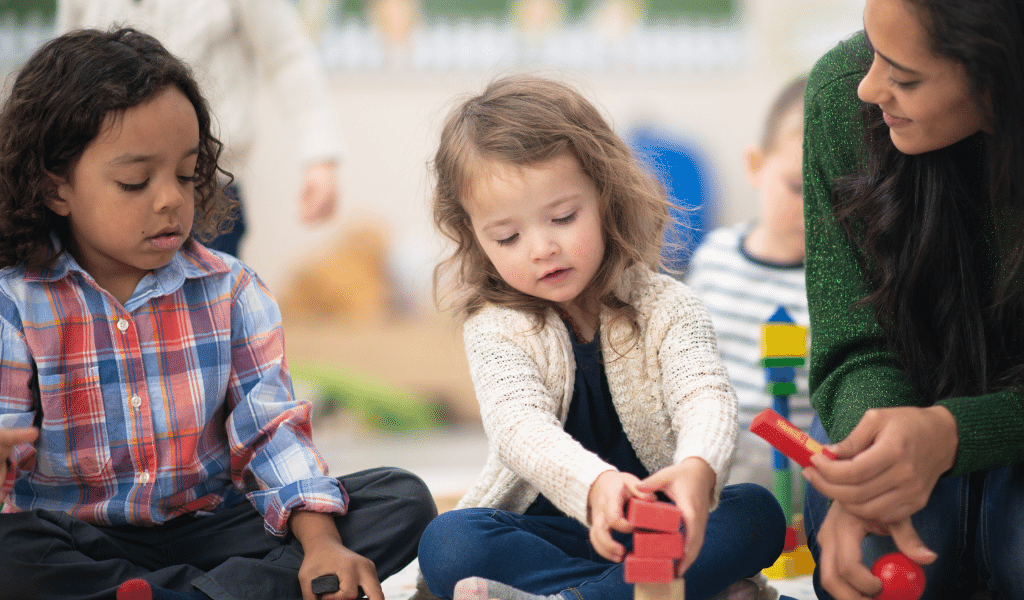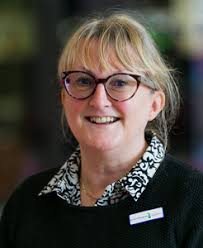As we enter 2021 we have a great deal to think about with the pandemic and how we manage our early years practice and provision. And this will be different depending on which type of early years setting you work in. Some settings will be open only to vulnerable children and the children of key workers, whilst other settings are expected to have everyone in. Whilst we are coping with all of this uncertainty, we are also still moving quickly towards the revised Statutory Framework for the Early Years Foundation Stage (launching in September 2021) with its accompanying non-statutory materials.
Some early years settings have been trialling these revised materials since September 2020, and many discussions have ensued. Questions have been provoked about practice, provision and curriculum and interesting debates have ensued. In particular, the importance of understanding the principle of the ‘Unique Child’ seems to have been forgotten which is a cause of some concern.

The four principles of the Early Years Foundation Stage (a unique child, positive relationships, enabling environments, learning and development) are still part of the revised Statutory Framework for September 2021, as are the Characteristics of Effective Learning. Whilst there are some significant changes to the wording used in the revised Statutory Framework, including different Early Learning Goals, these essential points are still statutory.
Despite this updated terminology, our fundamental pedagogical understanding and practice does not need to change provided that we are secure in our understandings of what, why and how we are working as we do. In the language of the current Ofsted documents, this is our ‘intent, implementation and impact’.
Being able to talk to an inspector about what is happening in our settings and why is daunting however confident we feel generally. This is why we need to be clear about how we understand teaching and learning, and the part we play in it. Because how we plan for this isn’t just about us – it’s about the children too.
The early publication of the revised Statutory Framework and additional guidance has focussed our thinking on the word ‘curriculum’. This is a good thing as it means we can take ownership of a word that is often associated only with teaching older children. By looking at what is meant by ‘effective planning’ and ‘child-led learning’ we are effectively underpinning our understanding of a ‘curriculum’ in early childhood education.

We need to be able to explain and discuss our curriculum – why it is unique to our setting – but also how it successfully teaches the children we work with as they move through the educational programmes towards the Early Learning Goals. This means understanding what the children, and families, bring to the curriculum too. There are many pre-packaged, step by step ‘curriculum’ publications available which will tell you exactly what to teach and when to do it, but they are missing the ‘unique’ elements of your setting and the children you teach.
Early childhood education is actually rooted in effective planning and provision that provides challenges that reflect the children’s interests and doesn’t cap learning.

Sue’s career started as a teacher and an Early Years Lead before becoming a Local Authority Early Years Adviser. Moving into research, Sue gained an MA then a Doctorate, both in Early Childhood Education. She is now an Independent Consultant, Author and Trainer, with publications on Transitions in the Early Years and Emotional Literacy in the Early Years.